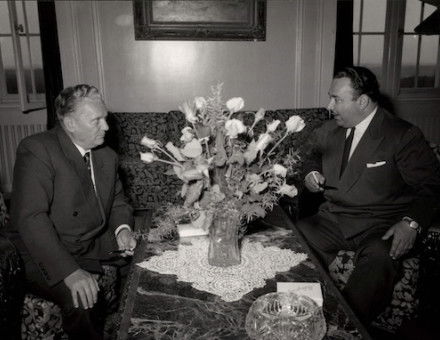The Rhineland Republic: Part I
Julian Piggott shows how, with the help of a puppet state on the Rhine, France between 1919 and 1923 attempted to solve the perpetual problem of her eastern frontier.
“Poincaré, the strongest figure who succeeded Clémenceau, attempted to make an independent Rhineland under the patronage and control of France.” Thus does Sir Winston Churchill in Volume I of The Second World War briefly refer to an episode of considerable interest and importance in the long history of Franco-German conflicts. During those years, Britain was in perpetual disagreement with M. Poincaré, and eventually played a major part in frustrating his plans; there is little doubt that we were right to do so, but at this distance of time it must be admitted that the French Prime Minister had much excuse for taking the law into his own hands, and every reason for making a supreme effort to ensure that there should be no more German irruptions into France.





